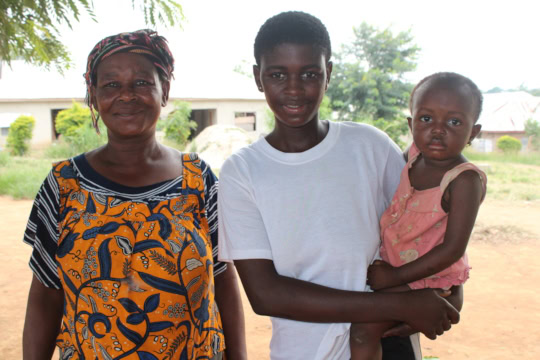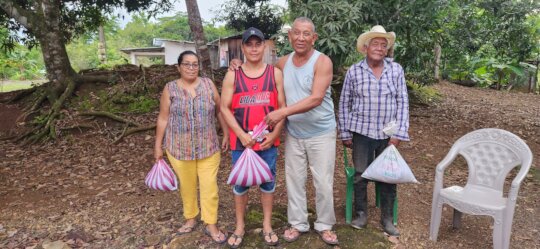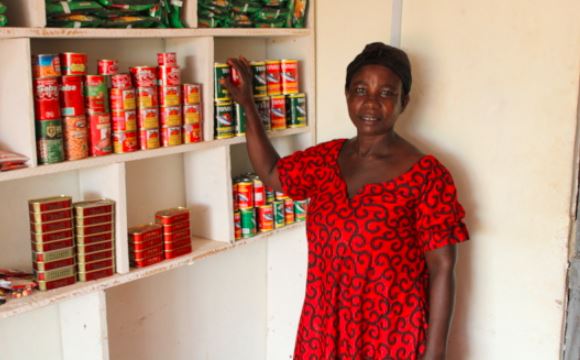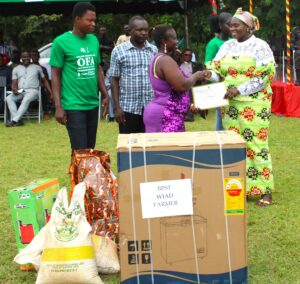Orange Fleshed Sweet Potatoes: Implementing lessons learned from World Food Prize Laureates
Orange Fleshed Sweet Potatoes
By Bernice Agyekwena, SHI Ghana Communications Manager
In the year 2016, Maria Andrade, Robert Mwanga, and Jan Low jointly won the World Food Prize Laureate for developing a new variety of high yielding Orange-Fleshed Sweet Potato resistant to drought and many diseases.
The multi-year effort made by these Laureates to develop this new variety of Orange-Fleshed Sweet Potato was aimed at providing the world, especially sub-Saharan Africa, with a crop that is very high in beta carotene and can be cultivated in many landscapes to improve the vitamin A nutritional status of vulnerable groups, especially very young children.
According to a 2020 survey published in a journal by the National Center for Biotechnology Information, vitamin A deficiency in Ghana stands at 26 percent in preschool children. Hence, the development of this new variety that can flourish in the variable soils and climatic conditions peculiar to sub-Saharan Africa means the continent has been gifted with a crop that can easily resolve the high incidence of vitamin A deficiency in children.
As noted by the US Agency for International Development (USAID), “Andrade, Mwanga, and Low are pioneers whose early efforts in breeding and disseminating the Orange-Fleshed Sweet Potato built a bridge from agriculture to nutrition and health, helping to form a new alliance between agronomist, plant breeders, nutritionists and public health experts that has changed the way the international development community works.” Thus, instead of relying on supplements to treat vitamin A deficiency, fostering a behavioral change amongst farmers, distributors and consumers through strategic interventions can promote the cultivation and consumption of this nutritious food to counteract vitamin A deficiency in children.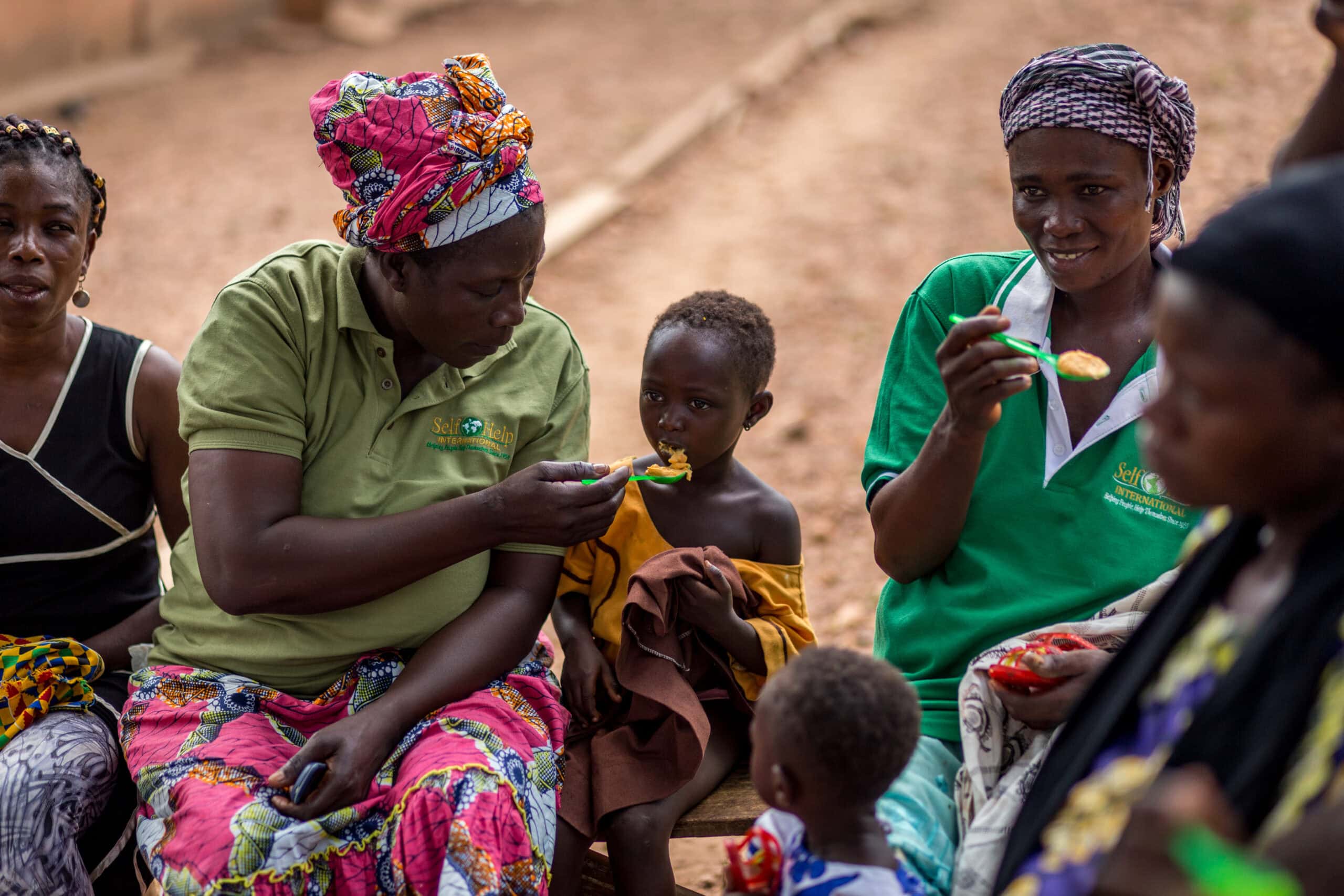
It is in this regard that Self-Help Ghana took it upon itself to promote the cultivation and consumption of this crop in the various communities in which it works through the Agriculture and Entrepreneur Development Training Center and the Growing Healthy Food Growing Healthy Children (GHFGHC) Maternal and Child Nutrition Program through which it has distributed Orange-Fleshed Sweet Potato vines to many farmers.
One of the beneficiary farmers, Elizabeth, who is a mother of two and a resident of Beposo, a small community in the Ashanti Region of Ghana, was quick to see the advantages in taking part in the GHFGHC program since she saw it as an opportunity to cultivate and prepare nutritious meals for her children.
After receiving the improved Orange-Fleshed Sweet Potato vines from the program, she immediately planted it on her farm. However, she found it difficult to keep her freshly planted vines well irrigated since she received them at a time when the rainy season was over and the dry season had just begun. She was undeterred and proceeded to water her plants by carting water two-thirds of a mile from the nearest river to her farm.
Elizabeth’s determination to ensure that her vines survived so that she could proceed to feed her family with Orange-Fleshed Sweet Potatoes was due to the intensive training on nutrition and health she had received under the GHFGHC training program. Thus, knowing the important role that good nutrition plays in one’s health, she did not want to miss out on cultivating the nutrient dense Orange-Fleshed Sweet Potatoes.
“I was very determined to improve my life and that of my kids.” She says.
After harvesting her crops, Elizabeth did not find the preparation of meals from her potatoes difficult since she had already been given prior training on how to prepare them. “Self-Help also taught us some Orange-Fleshed Sweet Potato recipes as hands-on practical training, so I already knew how to use the tubers before the crops were even ready for harvest.”
According to Elizabeth, her family really loves all the dishes prepared from the Orange-Fleshed Sweet Potatoes and her little boy especially loves the chips with sauce prepared from the leaves.
However, promoting the cultivation of the Orange-Fleshed Sweet Potatoes in beneficiary communities did come with some challenges which needed to be addressed by Self Help Ghana. The vine tends to create a vegetative cover that is very conducive for the multiplication of millipedes and other pests which led to high crop losses among farmers, and also made the tubers unsuitable for storage. This initial drawback was counteracted by the development of a soilless medium by the Agricultural Team which comprises rice husk, rice husk biochar, and poultry manure in a ratio of 4:2:1. A second solution was encouraging farmers to plant their vines in sacks on mounds instead of planting them directly into the soil.
Both interventions have proven to be very effective in reducing losses due to insect damage with insect infestation dropping to an absolute zero percent in some cases.


 Previous Post
Previous Post